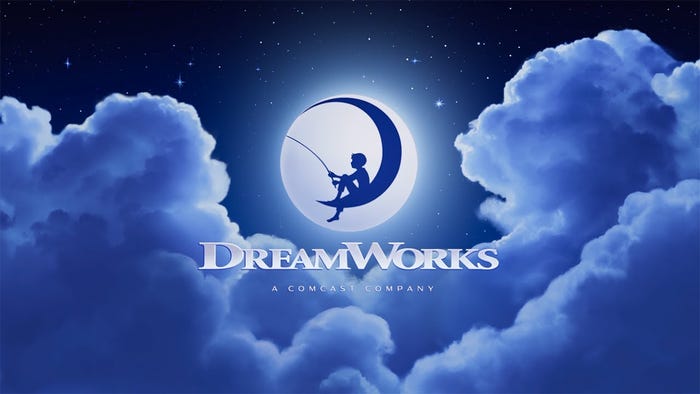
Featured Blog | This community-written post highlights the best of what the game industry has to offer. Read more like it on the Game Developer Blogs.
The Life of an American Developer in China: Communication Yoga (Part 2)
One thing that has helped since I first came to China is the prevalence of the English language, and the fact that almost everyone on our team studied English at some point in there life. However,....

http://www.soundcitygame.com/post/13599437442/the-life-of-an-american-developer-in-china
by Paul Otake - KBooM! Games Project manager
Communication Yoga (Part 2)
One thing that has helped since I first came to China is the prevalence of the English language, and the fact that almost everyone on our team studied English at some point in there life. However, all but a few members of the team, remember very little of what they had learned so many years ago, as they had never had the chance to practice with an actual foreigner (like me!!).
This passing familiarity, no matter how limited, has really been a saving grace, as its given me just enough of a common vocabulary to make myself understood. However, there are times where this basic level of common language is not enough to get the job done.
In the end, you cannot count on this to get the point across. So when you have looked your developers in the face, realized that you have been misunderstood, and then repeated yourself ad nauseum… you need to find some other approach.
Part 2: Creativity & Flexibility
I have begun to consider this part of the job like high level charades. Any traveler in a foreign country that doesn’t speak the native language has played this little game before. You want chicken? Then just hide away your pride and start clucking in a restaurant and flapping your make-believe wings. Embarrassing? Yes. Effective? It can be.
Its hard enough to order in restaurants, but now try to imagine acting out something like: “we want a talking hamster that can self-combust on command and spray nails out of its eyes.” We aren’t making a game about this, but I just mean hypothetically speaking. It would be hard right?
Even explaining something like a game mechanic, or giving an artist direction can be a real test of a person’s ability to communicate creatively. Some things cannot be acted out (even though it would be funny to try), and when this fails you really have to flex your imagination and consider how else you can get the point across.
I’ve searched endlessly for the perfect bit of reference material, drawn countless pictures, and acted out countless ridiculous little game scenarios. Every situation will require a different approach, and you just need to keep all of your options in mind and always look for new ways to express yourself.
Flexibility has a lot to do with creativity and your ability to be an agile thinker. First, is being able to look at a problem from a number of different angles. We become so used to just talking out an issue, explaining ourselves rationally with big words that we have become accustomed to everyone understanding.
But when this approach doesn’t work, you have to try and say it some other way. All the patience in the world won’t help you explain yourself, if you’re unable to dig through your vocabulary and find some way to rephrase.
The same can be said for creativity, you might think that you have the perfect pantomime to express an idea, but if your team doesn’t get it the first, second, or third time… they probably aren’t going to get it later, either. This is when you need to be flexible and try a different approach, even if it is uncomfortable or a stretch, you need to bend your mind around so you can see things from your developer’s perspective.
The Final Piece of the Puzzle
If you can intuitively understand yourself and your developers, patiently approach every meeting and every problem that arises, creatively express yourself through multiple means, and always remain flexible… then you will have a solid basis for developing with a foreign team.
Maybe this sounds a little easier said than done, but when you really think about it… we are all game developers, and these are all elements that play into what we do every day for fun: play games!! Many games depend upon these four skills to complete, granted they are in different forms and we have to use them in slightly different ways, but the point is that they are all something that we already possess at some level.
So just consider these development situations like a game, a boss-fight that will cost you hours of time and hard work. In the business of overseas development, communication is King Koopa, Alma, and a Covenent fleet all mashed into one epic enemy you have to not only face but also overcome.
The final piece of the puzzle is what got any of us through our favorite games and the most challenging boss-fights… dedication. Use whatever tricks you have up your sleeve to get the job done, and when that fails or falls short, commit yourself to improving yourself and your abilities. Nothing is impossible, no boss is unbeatable, you just have to dedicate yourself to making good games and never stop hitting that “retry” button.
About the Author(s)
You May Also Like













